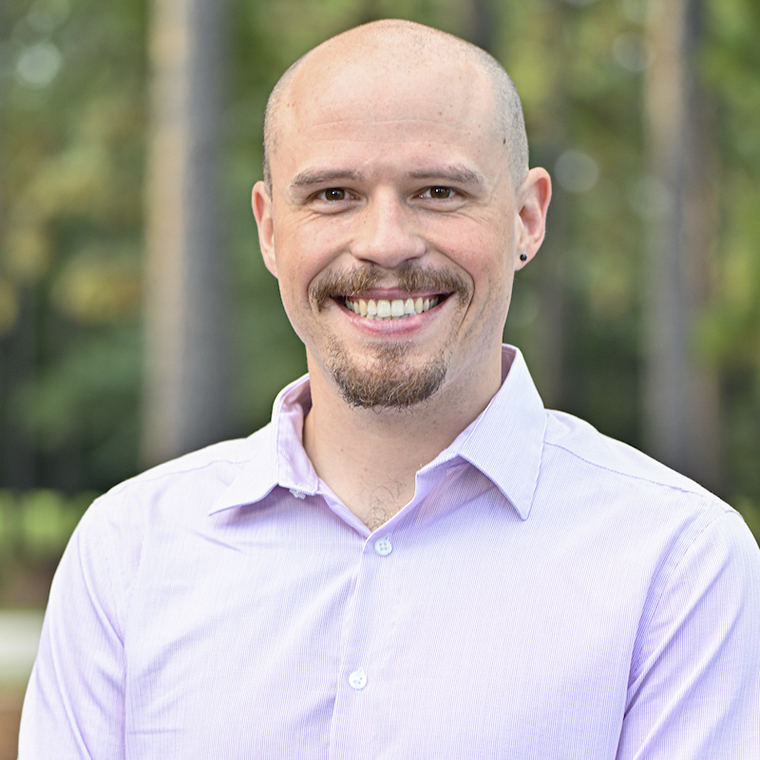Biography
Biography
Michael F. Vansco, Ph.D., earned a bachelor's degree in chemistry from the University of Rhode Island in 2015.
After graduating from the University of Rhode Island, Vansco pursued a Ph.D. in physical chemistry at the University of Pennsylvania, where he studied the electronic spectroscopy and photochemistry of atmospheric intermediates with Dr. Marsha I. Lester. He received his Ph.D. in physical chemistry in 2020 and joined Argonne National Laboratory as a postdoctoral appointee, where he worked with Rebecca L. Caravan to study the reactivity of atmospheric intermediates.
Dr. Vansco is excited to join the Coastal Carolina University faculty this year, where he will teach general chemistry and begin building a state-of-the-art laboratory.
Research and Background
The Earth's atmosphere is a complex and sensitive system, and changes to its composition have severe implications for our environment, air quality, and the health of people, animals, and plants. For example, we have witnessed a dangerous depletion in the ozone layer of the Earth's upper atmosphere due to the production and emission of chemicals to be used as refrigerants. The ozone depletion resulted in increased levels of cancer-causing ultraviolet radiation reaching the Earth's surface, which led to a ban on producing this class of chemicals. In addition to human activity, biochemical processes in soils, oceans, and vegetation release vast amounts of organic matter into the atmosphere. These processes primarily control the atmosphere's chemical composition, and the total emissions are intimately tied to changes in temperature.
Due to our continuously evolving global industrial economy and urgent climate challenges, understanding how pollutants impact our environment and health is crucial. Dr. Vansco's research focuses on understanding what happens to pollutants after they are emitted into the atmosphere and their impacts on our environment, air quality, and health. The chemistry involved is driven by reactive molecules called "intermediates" that have extremely short lifetimes (sometimes less than a millisecond!), making them challenging to study directly. His group will build a chemical reactor and simulate the atmospheric processing of pollutants in the laboratory to understand how fast chemical reactions occur, what products are formed, and detect the elusive intermediates that drive the chemistry.
In addition, his group will use theoretical tools to explore the fundamental chemical mechanisms of the reaction.






